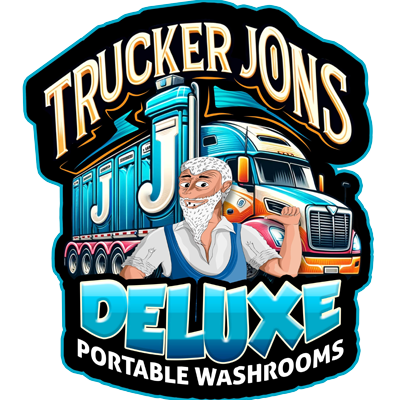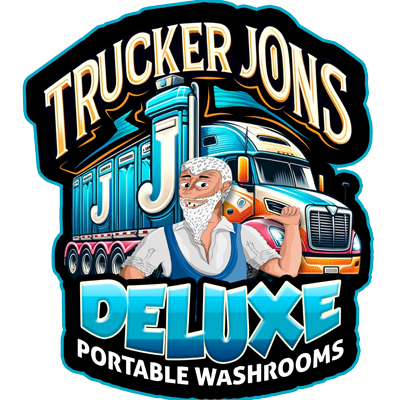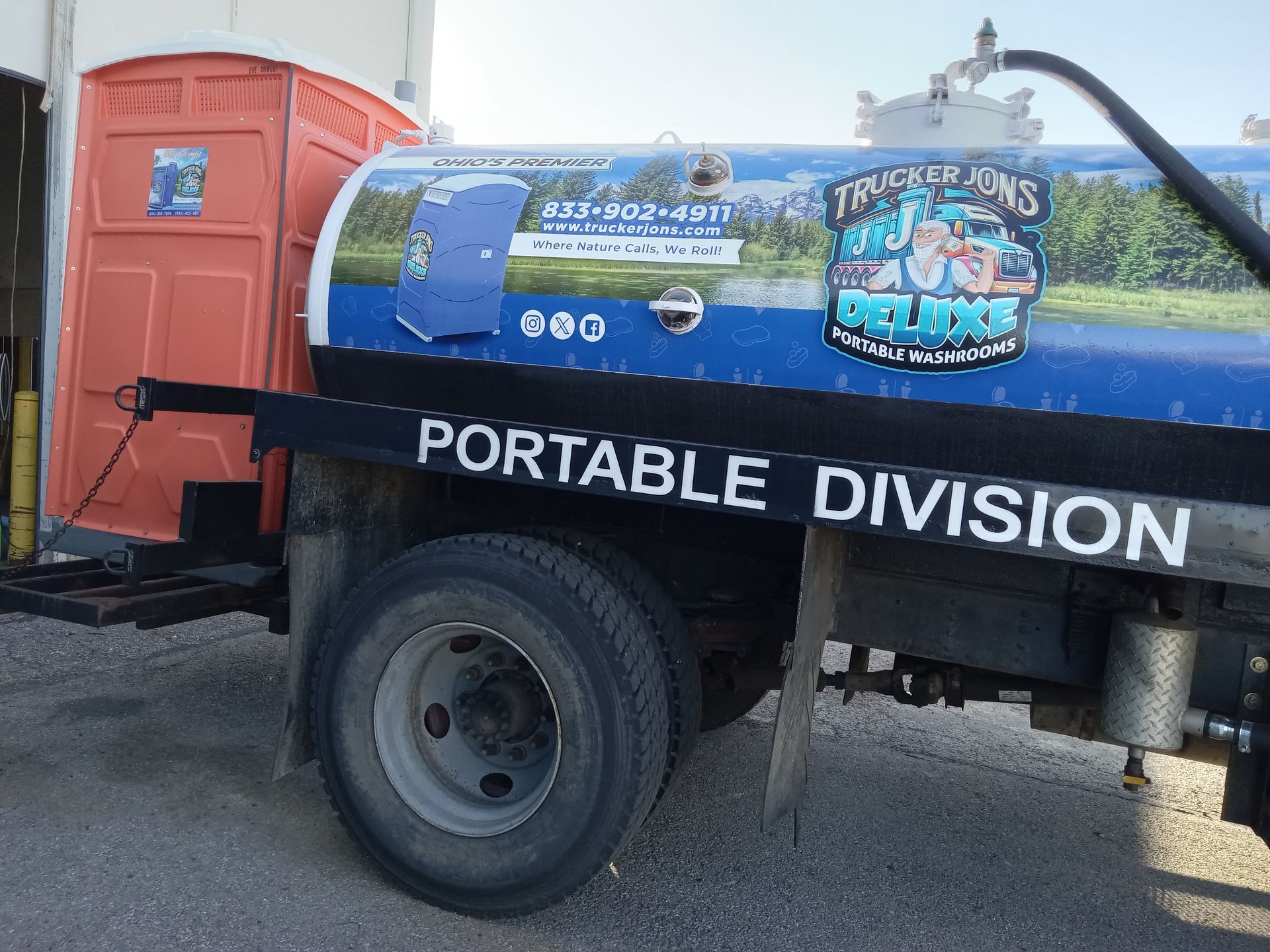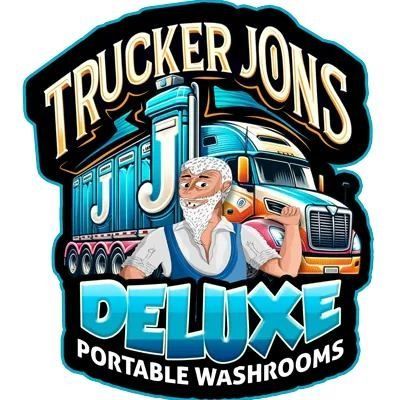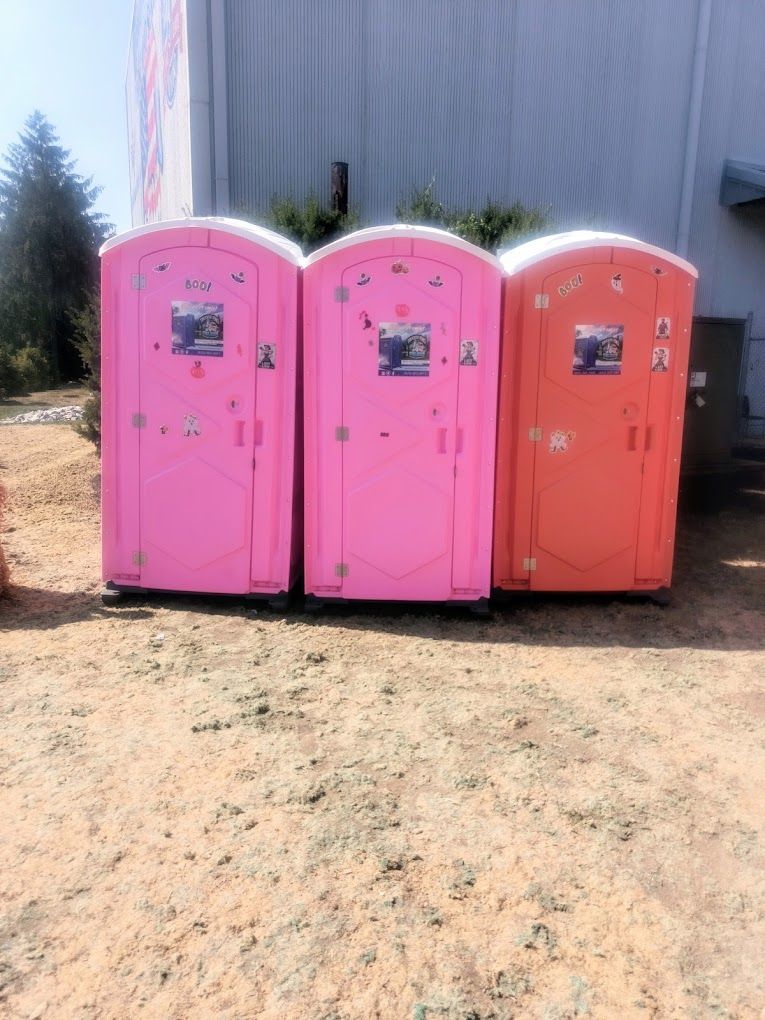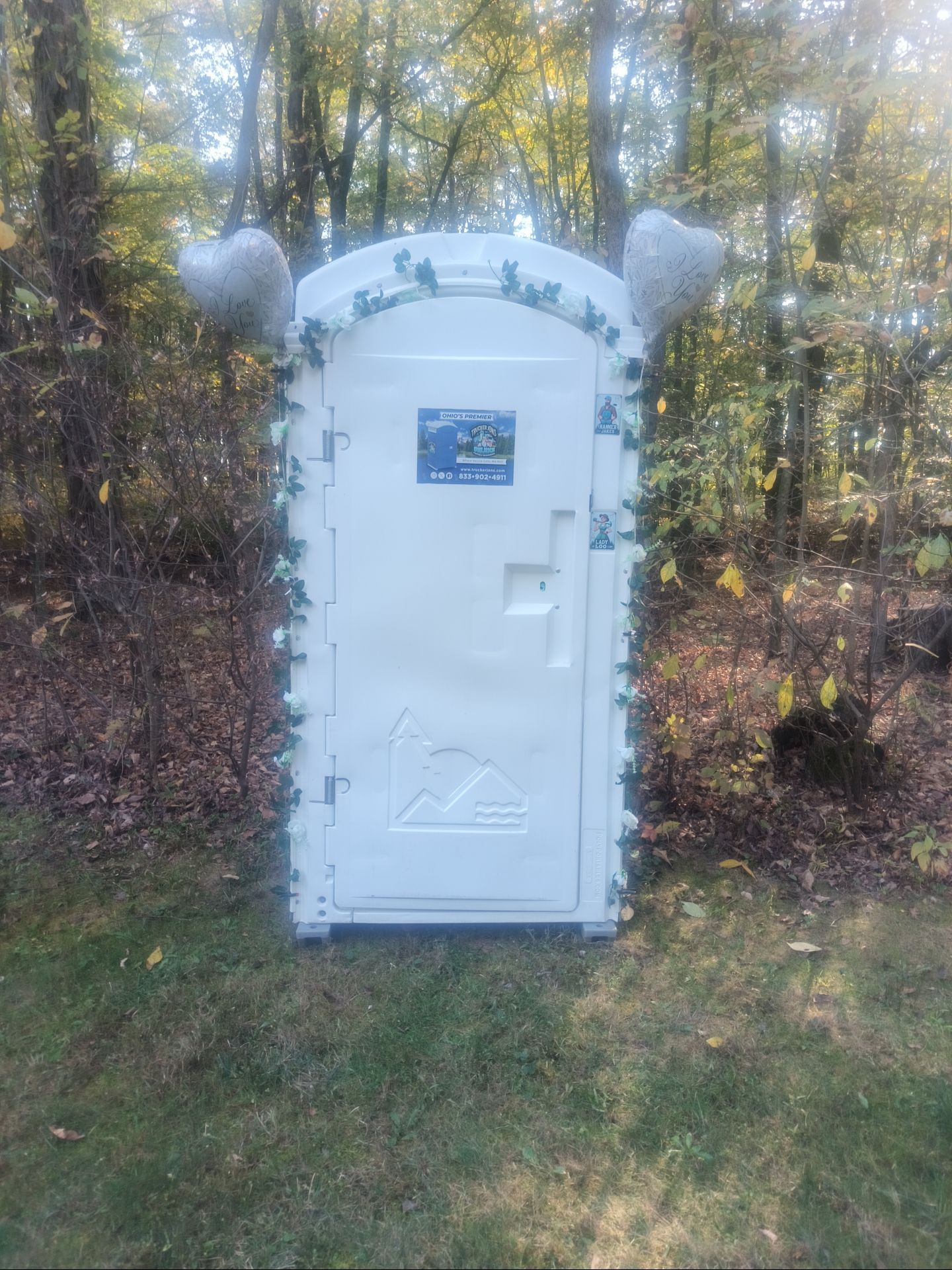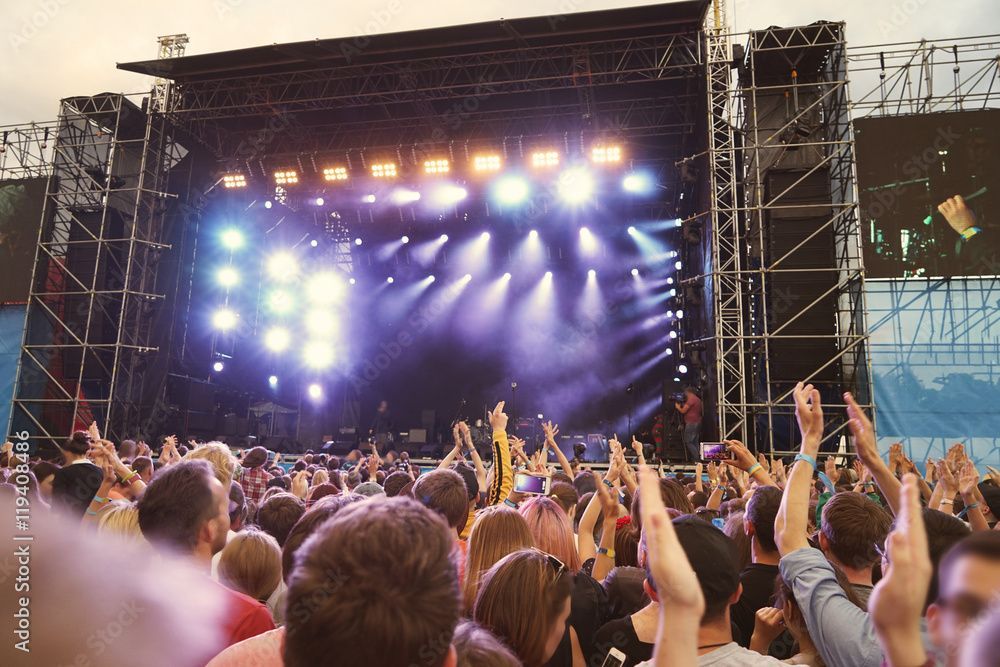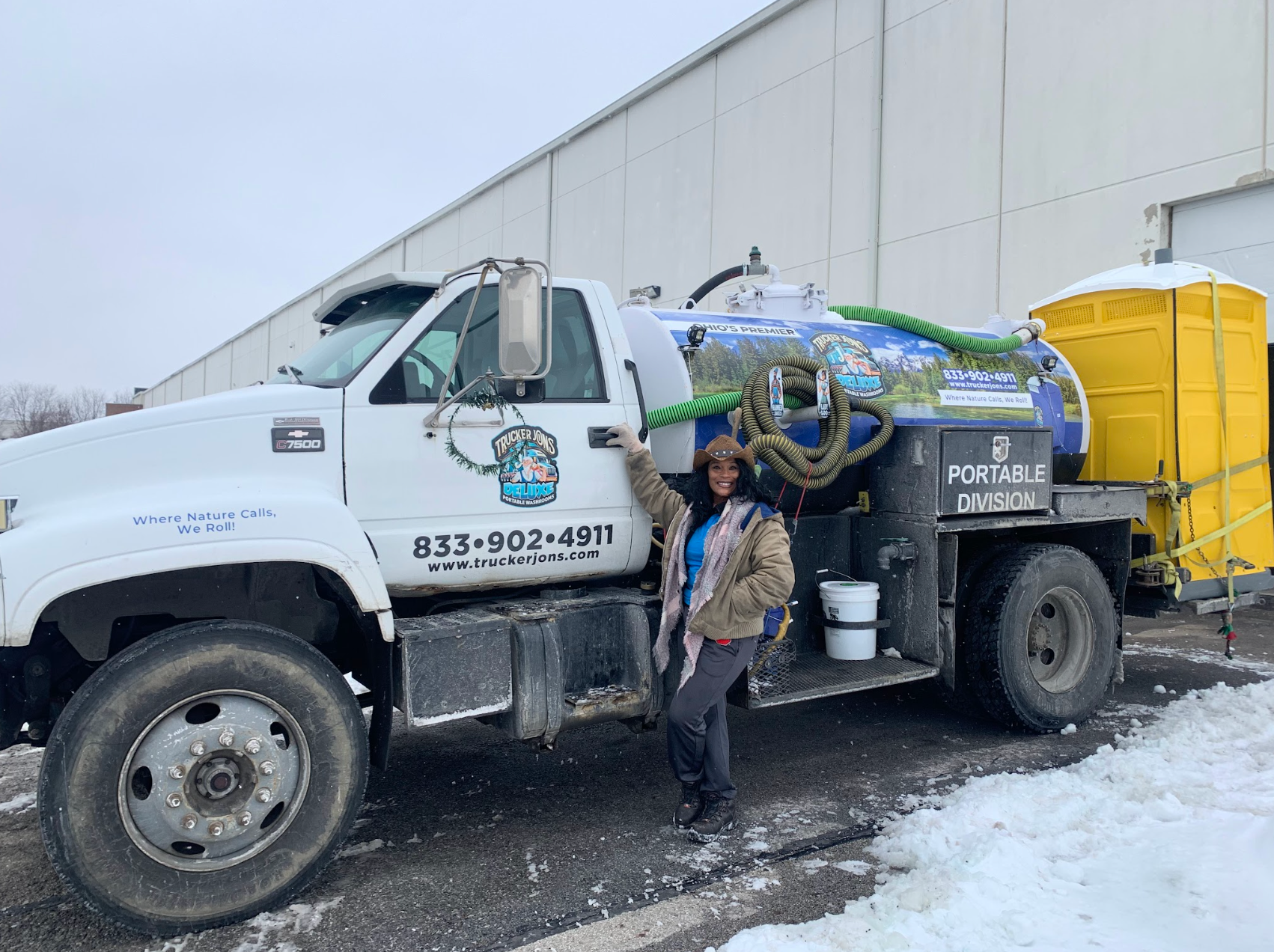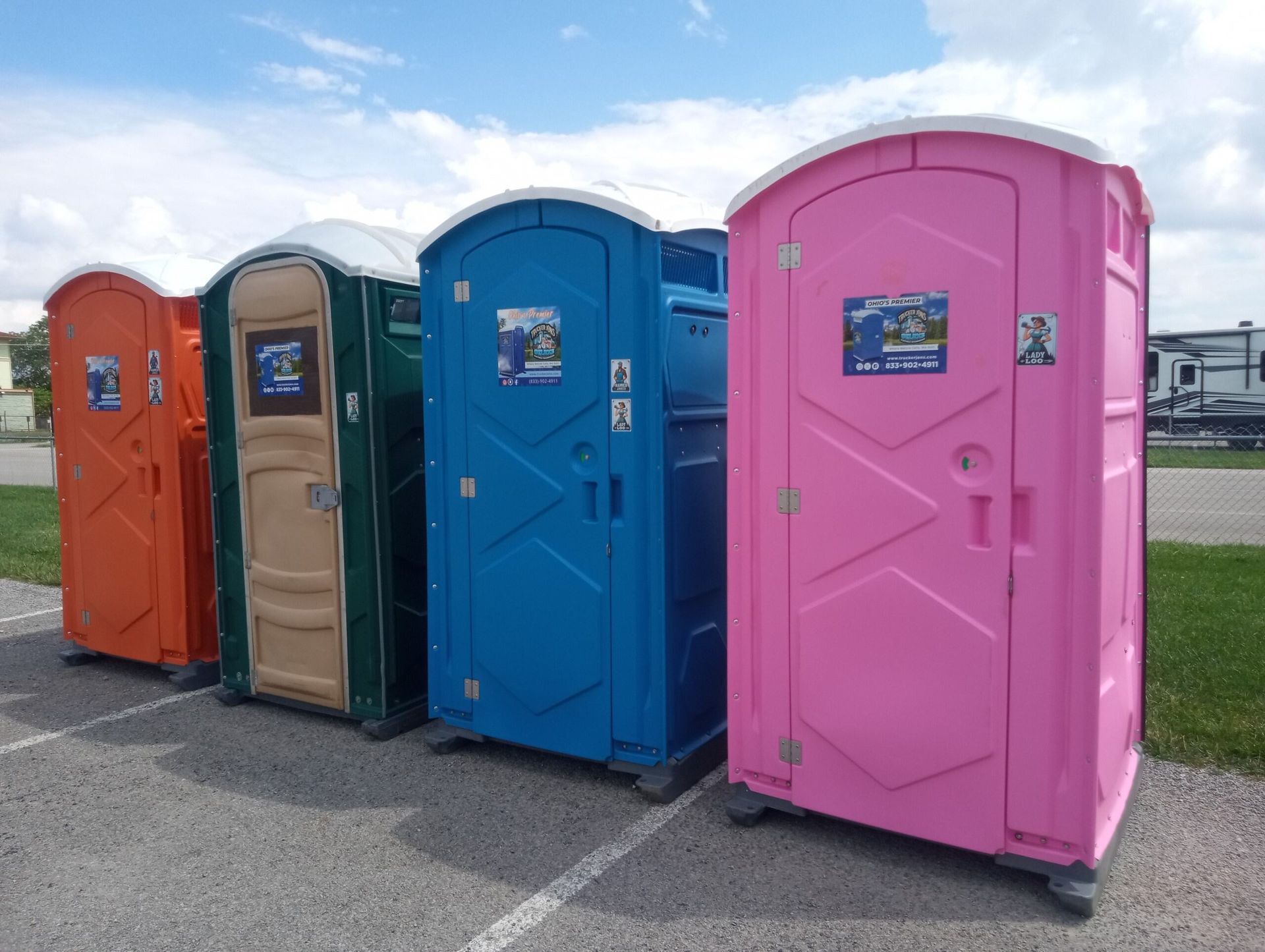Is it legal to have a porta potty in your backyard?
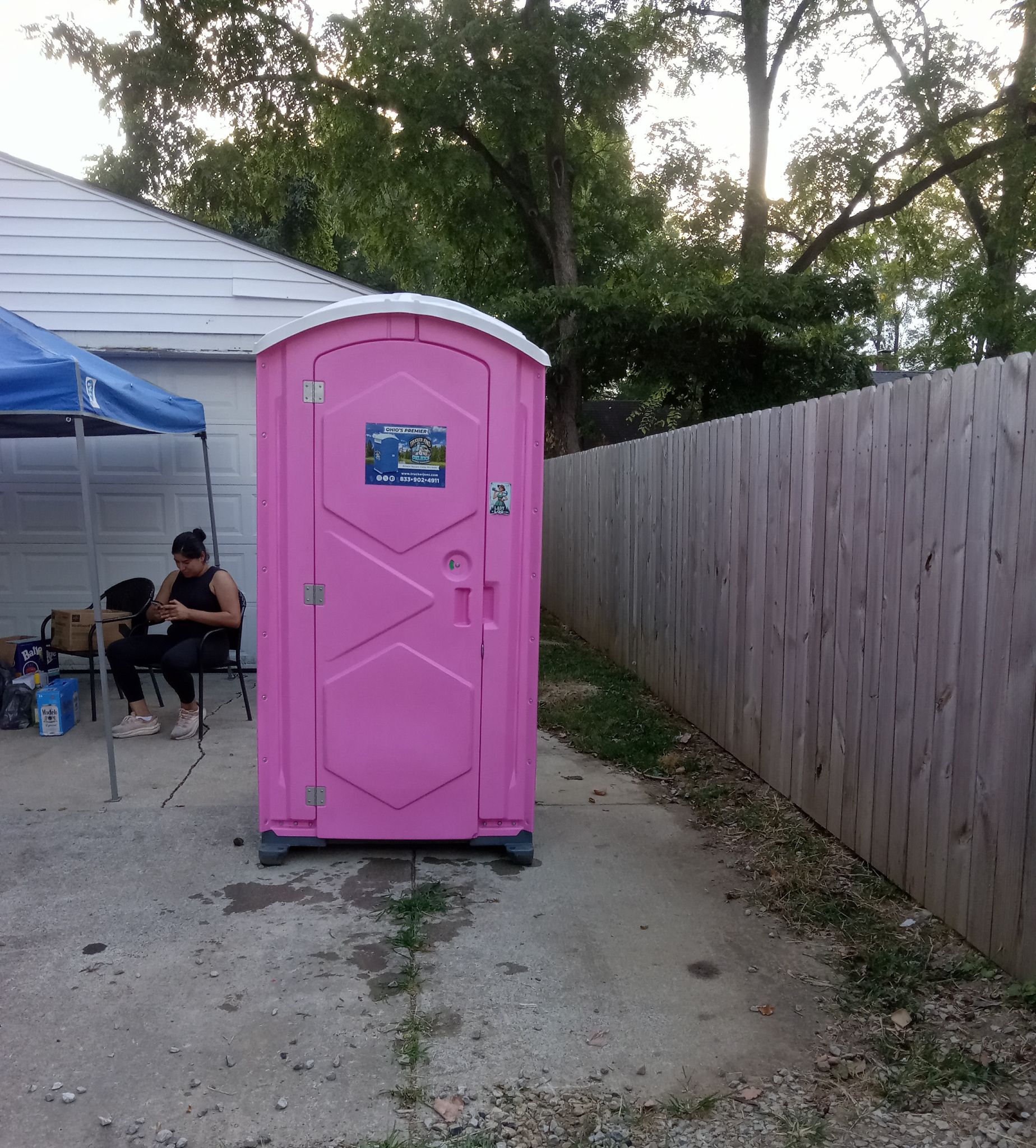
Placing a portable restroom at your residence might seem unusual at first, but it’s a practical solution for events, construction projects or long-term home renovations. Understanding how local regulations, permits and placement guidelines affect this choice will help you stay compliant while ensuring the comfort of your guests or workers. In this comprehensive overview, we’ll explore the legality of backyard porta potties and provide detailed guidance on permits, placement, unit selection and maintenance. Throughout, you’ll find key considerations drawn from state regulations, OSHA recommendations and industry best practices.
Introduction to Porta Potties in Residential Settings
Hosting a large family reunion or tackling a major bathroom remodel can stress the plumbing in even the most robust household. That’s why many homeowners consider renting a porta potty—an option that adds convenience, reduces wear on indoor bathrooms and keeps foot traffic outside. While an external restroom may seem like a luxury reserved for construction sites or festivals, it’s surprisingly accessible and compliant for home use. Before placing a unit in your yard, make sure to check local ordinances, consult with a rental provider and decide if a standard unit meets your needs or if a deluxe, accessible model is more appropriate. Every project is unique, and taking the time to understand the rules will save you headaches down the road.
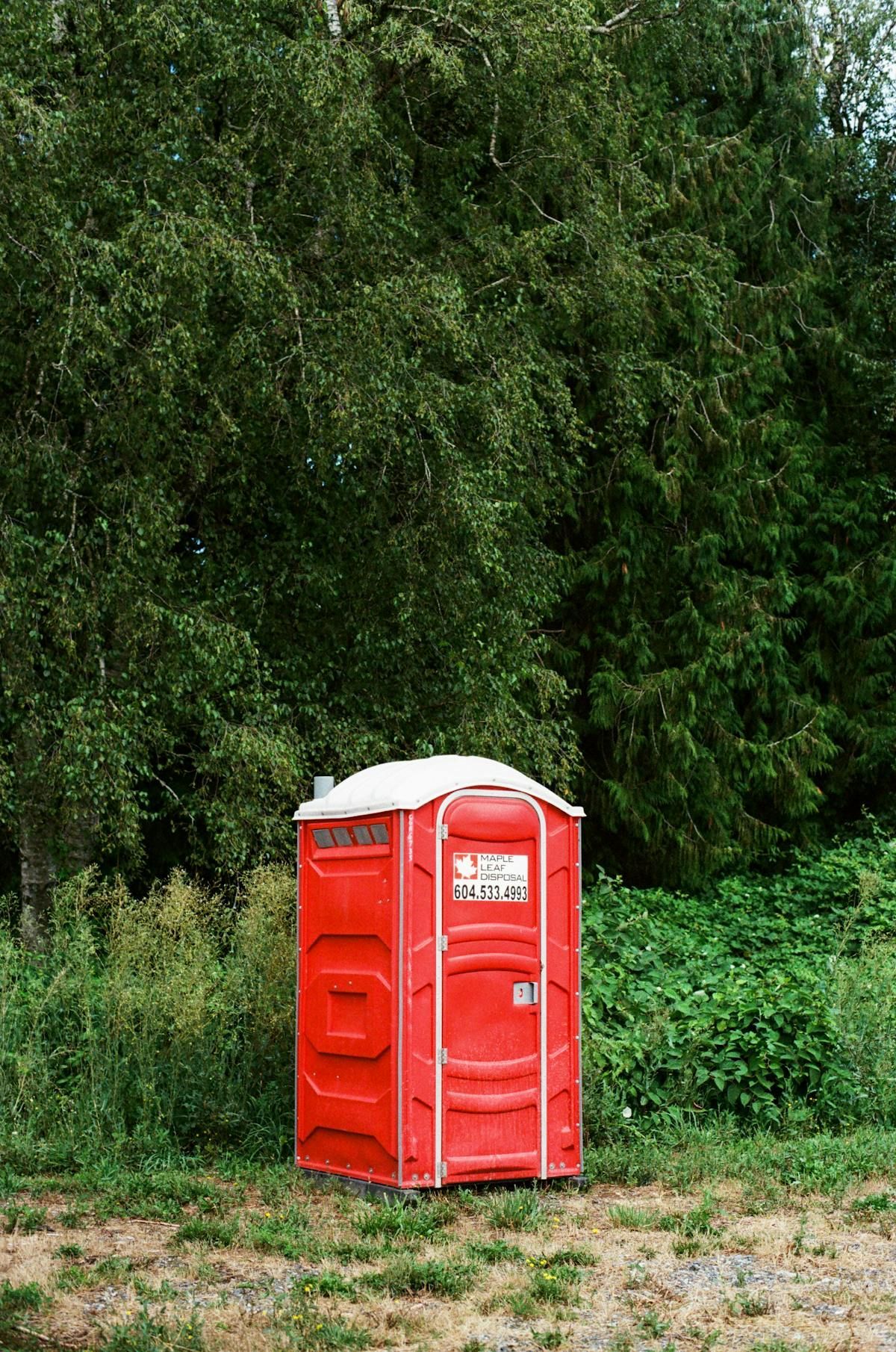
Is it legal to have a porta potty in your yard?
Yes—putting a portable restroom on your property is often legal and straightforward. Most communities allow temporary units for private events or short-term projects without extensive paperwork as long as the placement meets setback and sanitation requirements. Typical guidelines recommend positioning the unit at least 8 feet from property lines and at least 50 feet from water sources like lakes, streams or wells. Some municipalities specify that units should be accessible to everyone if a large group is expected, and you may need permission if it’s highly visible from a public thoroughfare. Always confirm regulations with your local building department or homeowners’ association (HOA); they can vary widely, especially for longer rentals. Working with a reputable company also helps, since they usually handle permit paperwork and guide you on meeting residential zoning rules.
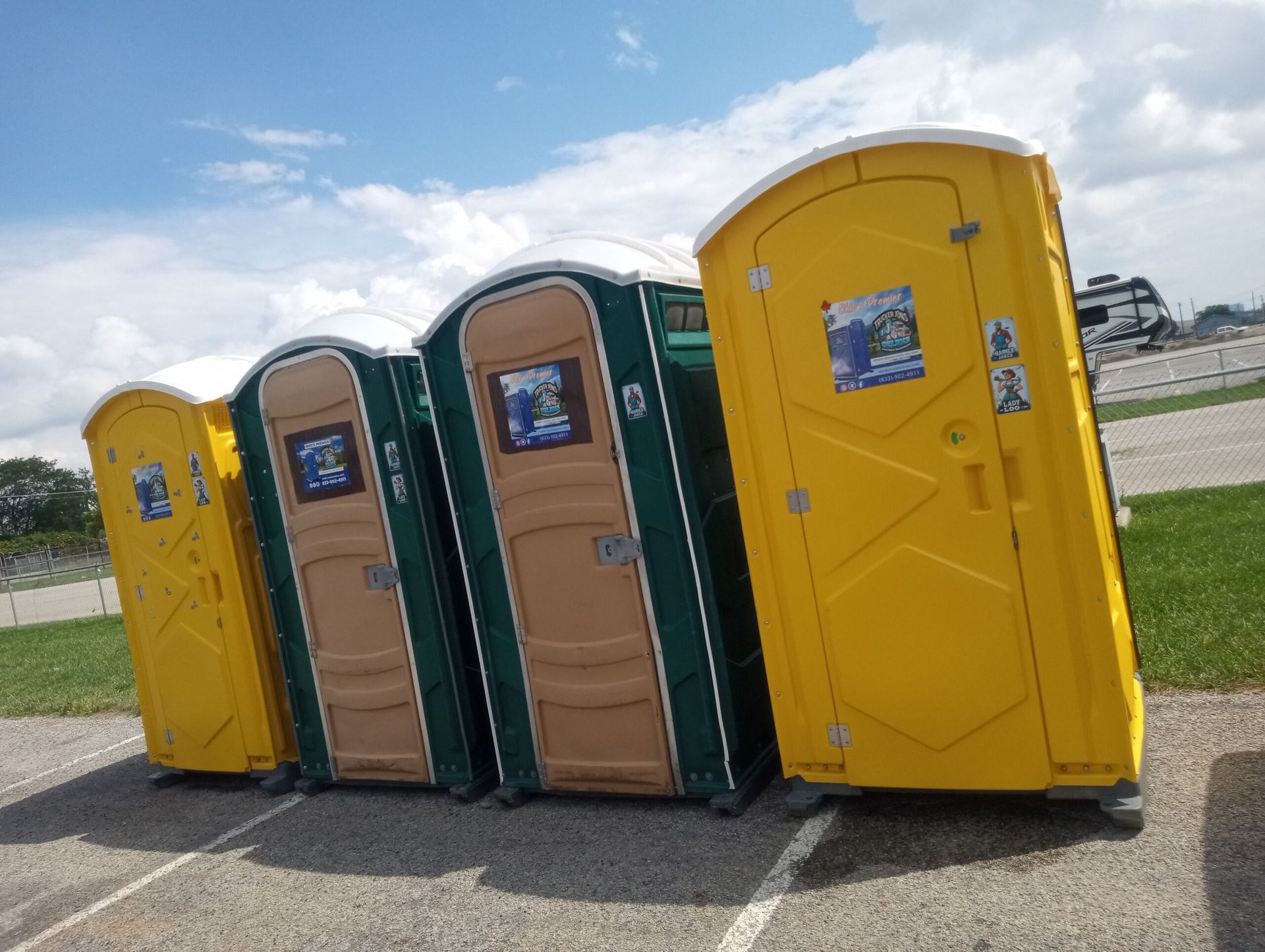
Do you need a permit to have a porta potty?
Permit requirements typically depend on how long the unit will be on your property. Short-term rentals—often defined as three days or less—usually don’t require a permit for private events like weddings or birthday parties. For longer placements, such as a month-long remodel, you may need a simple administrative permit that covers the dates, location and service schedule. Permit applications often request a site plan showing where the porta potty sits relative to property lines and structures, plus details about how often it will be serviced and screened from view. When coordinating with Premium Portable Restroom Rentals or A Portable Rental Sanitation Company, ask them to help with permit submissions; experienced providers routinely navigate these processes and can advise if your town requires extra documentation. Remember that some HOAs enforce their own rules regarding visible structures and require screening, even for brief rentals.
Can I put a toilet in my backyard?
Absolutely. Portable toilets are designed for residential use during gatherings, construction projects and outdoor living. Because they come in various sizes and amenities—from basic single-stall units to luxury restroom trailers—homeowners can match their choice to their event’s tone and guest count. Adding a unit outdoors keeps your guests comfortable and your indoor plumbing from being overwhelmed. For example, a backyard wedding might call for an upscale unit with a sink and interior lighting, while a children’s birthday party can get by with a more economical standard model. When working with Premium Portable Restroom Rentals, ask about ADA-compliant units to accommodate elderly or disabled guests. To keep your event running smoothly, pair your unit with a portable handwashing station, and position it thoughtfully so guests don’t have to wander through private areas.
What is the OSHA rule for porta potty?
OSHA’s sanitation standard provides useful guidelines for any situation where multiple people share temporary restroom facilities. On job sites, OSHA requires a minimum of one toilet per 20 workers, with additional units added as crew size increases, and each must be kept clean, accessible and equipped with handwashing facilities. The standard also emphasizes that toilets should be located within a reasonable distance of the work area, typically no more than a quarter-mile or a five-minute walk, and that units must have lockable doors for privacy. Even if you’re setting up a porta potty for a backyard event rather than a job site, following these guidelines ensures a sanitary, comfortable experience for guests. Consider placing the unit near—but not too close to—high traffic areas, and schedule regular servicing to maintain cleanliness. If you’re hosting a mixed-gender crowd, additional units may be advisable to reduce wait times and respect privacy.
Placement Guidelines for a Porta Potty
Correct placement is critical for safety, service access and guest comfort. Most experts recommend situating a porta potty at least 25 feet away from your house to keep odors and noise at bayprimedumpster.com. Units should remain 30 feet or less from a hard surface to allow pump trucks to service them easily. Avoid blocking emergency equipment, mailboxes or pathways, and make sure the door faces away from neighbors or the street. For stability, place the unit against a wall or fence and ensure it sits on a firm, level surface. Adding a small privacy screen of lattice or shrubs not only hides the unit from view but also helps it blend with your landscaping. When choosing the location, consider wind direction—placing the unit downwind of seating areas minimises odors drifting into your gathering. Additionally, keep the unit well-lit if your event extends after dusk to deter vandalism and make it safe to use.
- Service Access: Keep within 30 feet of a driveway or hard surface.
- Setback from house: Around 25 feet for aesthetics and cleanliness.
- Property lines: At least 8 feet away to satisfy most ordinances.
- Water sources: Maintain a minimum 50-foot buffer around lakes, rivers or wells.
Proper planning here often eliminates the need for last-minute adjustments. If your event is especially large or spans multiple days, consider renting more than one unit to spread out foot traffic and reduce waiting times. You might also consult A Portable Rental Sanitation Company for creative placement tips, particularly if your property has unique constraints.
Design and Privacy Considerations
Aesthetics matter when you’re hosting a social event at home. Fortunately, there are many ways to incorporate a porta potty without detracting from your yard’s ambiance. Simple solutions like decorative fencing or tall shrubs serve as screens while adding greenery. More inventive options—such as a vertical garden or hanging outdoor curtains—can transform a utilitarian structure into a charming part of your landscape. If you have a garden office or shed, consider integrating the portable unit into that space to create a seamless look. For a spa-like feel, choose a luxury portable restroom equipped with mirrors, lighting and wood-like finishes. Companies offering Other Portable Rental Sanitation Services often have creative suggestions for blending a unit with your yard’s design. A composting toilet or waterless system can also reduce environmental impact; models such as the Separett Villa 9215 separate liquids and solids, making them sustainable and odor-resistant. The key is to treat the portable restroom as part of your event design rather than an afterthought.
Choosing the Right Portable Toilet Option
Selecting the best unit depends on your event’s scale, duration and guest demographics. Standard units are cost-effective and ideal for short gatherings or construction crews. If your party lasts several hours or has a more formal vibe, upgrading to a deluxe unit with a handwashing sink offers extra comfort and hygiene. For inclusive events, ADA-compliant units feature wider doorways and interior grab bars. Luxury restroom trailers mimic home bathrooms with running water, flushable toilets, air conditioning and even stereo systems—perfect for upscale weddings or corporate functions. As you compare options, ask about the company’s cleaning and servicing policy, and consider bundling extras like handwashing stations or lighting packages. While planning, you might also explore waste solutions such as Dump Trailers - Coming Soon! if your project generates debris or needs additional hauling capacity. Partnering with a single vendor for restrooms and disposal can streamline logistics and reduce costs.
- Standard Portable Toilet ($199–$349). A basic single-stall unit that includes a urinal and hand sanitizer; ideal for short-term use.
- ADA-Compliant Unit ($200–$300). Features a wider doorway and interior grab bars to accommodate wheelchair users.
- Deluxe Flushing Toilet ($300–$400). Comes with a hands-free sink, flushing mechanism and improved ventilation for a more comfortable experience.
- Solar or Specialty Unit ($500–$600). Eco-friendly design, often requiring sunlight or an external water source to operate.
- Luxury Restroom Trailer ($1,500+). Multi-stall trailer with climate control, running water and upscale finishes for premium events.
When budgeting, remember that travel distance, service frequency, location and season all influence the final cost. Urban areas usually command higher delivery fees, while rural locations may incur additional mileage charges. Always request a detailed quote so you’re not surprised by extra fees for weekend pickups or after-hours service.
Costs, Rentals and Service Planning
Most rental companies offer two primary schedules: a weekend event rental or a 28-day construction rental. The price difference between them is minimal, so choose based on how long you actually need the unit. For multi-day events, schedule cleaning halfway through to maintain freshness; for month-long construction, weekly service is standard. In peak seasons, book early as units can sell out quickly. If your event involves food service or alcohol, you may need additional units to handle higher usage—OSHA guidelines recommend one unit per 50 attendees for short events and more for day-long gatherings. Keep extra supplies like toilet paper and hand sanitizer on hand in case usage spikes between scheduled services. Many providers, including those with Other Portable Rental Sanitation Services, offer bundled packages with handwashing stations and maintenance. Align your service plan with the unit’s capacity and your guest count; a proactive approach ensures no unpleasant surprises mid-event.
Events, Renovations and Practical Use Cases
Portable restrooms are invaluable for more than backyard barbecues. During major home renovations, especially bathrooms or kitchens, a rental unit offers a sanitary alternative while pipes are disconnected. Crews appreciate having a designated restroom outside, reducing dirt tracked through your home. For family reunions or milestone celebrations, renting a porta potty keeps guests out of your personal space, allowing you to focus on hosting rather than cleanup. Sports tournaments, graduation parties and block parties are also common scenarios. If you’re planning a large gathering with tailgate-style seating, check out Should I Rent a Porta Potty for a Tailgate? for advice on crowd sizing and placement. For upscale or rustic weddings, luxury trailers provide a seamless guest experience, proving that portable restrooms can suit even elegant affairs. As you weigh options, remember that the right unit and placement can make or break the comfort of your event.
Conclusion: Legality and Practical Considerations
At the end of the day, the answer to the question “Is it legal to have a porta potty in your backyard?” is a confident yes—when you follow local regulations and prepare thoughtfully. Most jurisdictions allow temporary units for private use, provided you respect property lines, maintain at least a 50-foot distance from water sources, and secure the appropriate permits. Choosing the right model, placing it strategically and scheduling regular service ensures a sanitary, comfortable environment for guests and workers alike. Whether you opt for a standard unit or a luxury trailer, collaboration with a reputable provider like Premium Portable Restroom Rentals or A Portable Rental Sanitation Company helps streamline permits, compliance and servicing. With a little planning and creativity, a backyard porta potty becomes a convenient asset rather than a point of concern.
